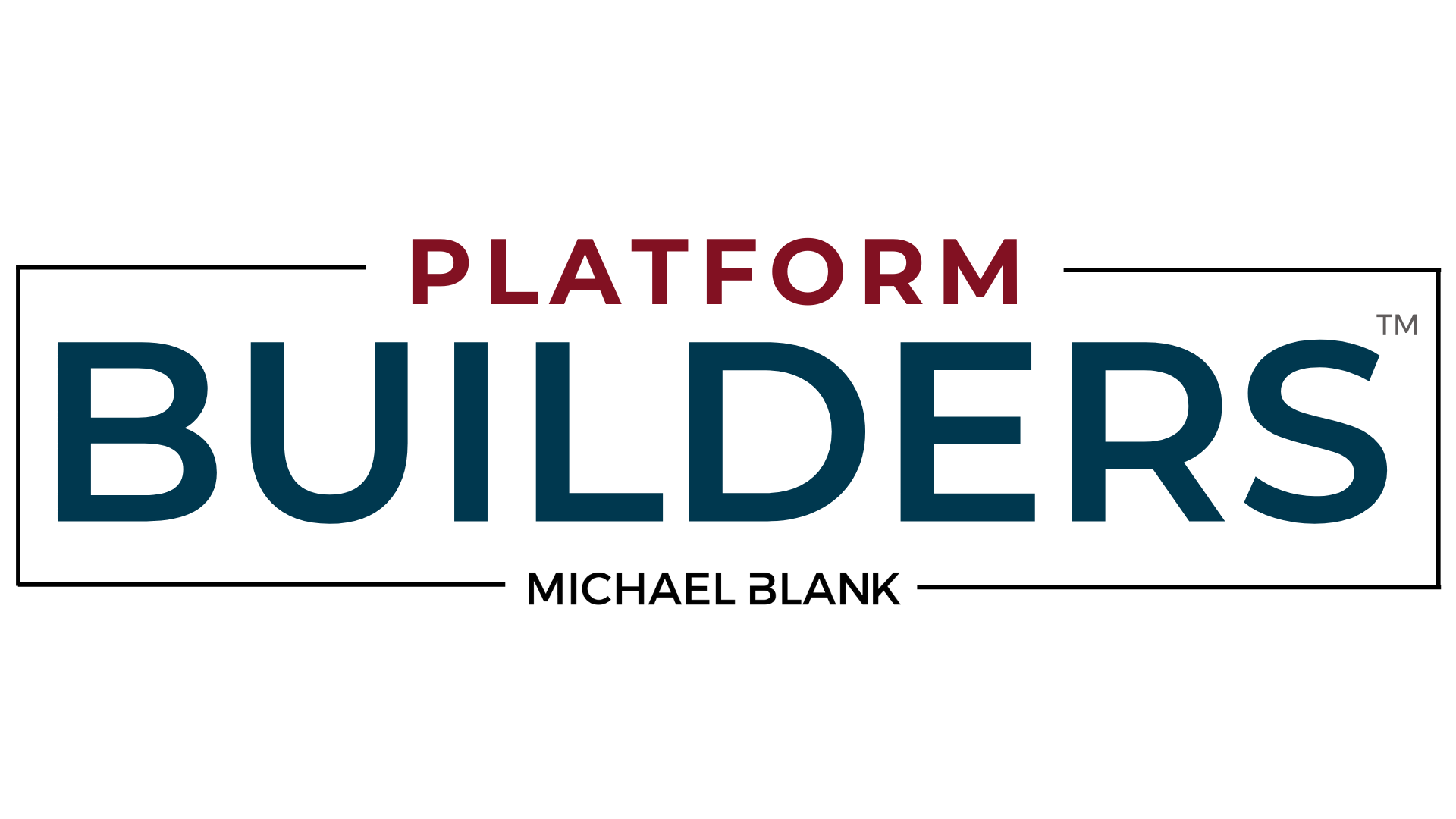If you’re looking to scale your efforts at raising capital with an online platform, you may be curious about what you can and cannot do to market your business. What exemptions do you need to file in order to legally advertise a multifamily offering? How do you build the ‘preexisting and substantive’ relationship with investors the SEC requires for the 506(b) when you’re connecting online?
Gene Trowbridge is the managing partner of Trowbridge Sidoti LLP, a California law firm that specializes in real estate syndications and crowdfunding. Gene has extensive experience in commercial real estate investment, and in the last six years, his firm has authorized securities offering documents for more than $1.5B of equity raised. He is also the author of It’s a Whole New Business, the definitive book on securities for multifamily investors.
On this episode of Apartment Building Investing, Gene joins me to discuss the two methods for legally advertising a real estate syndication (online or otherwise), the Reg A and 506(c). He explains why the 506(b) is more popular than the 506(c) and offers advice on proving a preexisting and substantive relationship with investors per the rules of the 506(b). Listen in for Gene’s insight on doing a 1031 Exchange in a syndication and learn how to leverage the tenant in common agreement to bring on new investors.
Key Takeaways
The two ways to legally advertise a real estate syndication
- Regulation A+
- Regulation D 506(c)
What syndicators need to know about the Reg A
- Costs $50K to $100K and takes 4 to 6 months
- Works for syndicators with huge social network
Why more investors don’t do a 506(c)
- Most sophisticated sponsors have enough investors
- Requires third-party verification of accredited investors
The SEC rules around the 506(b)
- Not allowed to advertise offering
- Must show substantive + preexisting relationship
What it means to have a substantive + preexisting relationship
- More than just collecting email address
- More interactions = easier to prove
Gene’s advice on proving a preexisting relationship
- Develop record-keeping system to track interactions
- Use introductory questionnaire (sign and date)
How to work with an investor with 1031 Exchange money
- Cannot invest in LLC (must be deed to deed)
- Make them tenant in common in new ownership structure
What to do when some of your LPs want their money from a sale
- Interview investors prior to sale re: potential for 1031
- Open two separate escrow accounts (one for holdouts)
How to bring on new investors in a 1031 Exchange project
- Operating agreement may allow for new investors in LLC
- Two separate LLCs as tenants in common (= partnership)
Connect with Gene Trowbridge
It’s a Whole New Business by Gene Trowbridge, Esq. CCIM
Resources
Gene’s TIC (Tenant In Common) Epidemic Webinar
How to Raise Millions in Days with the Platform Builder Framework
What’s the Best Investment: The Stock Market or Real Estate?
Apartment Investor Network Facebook Group
